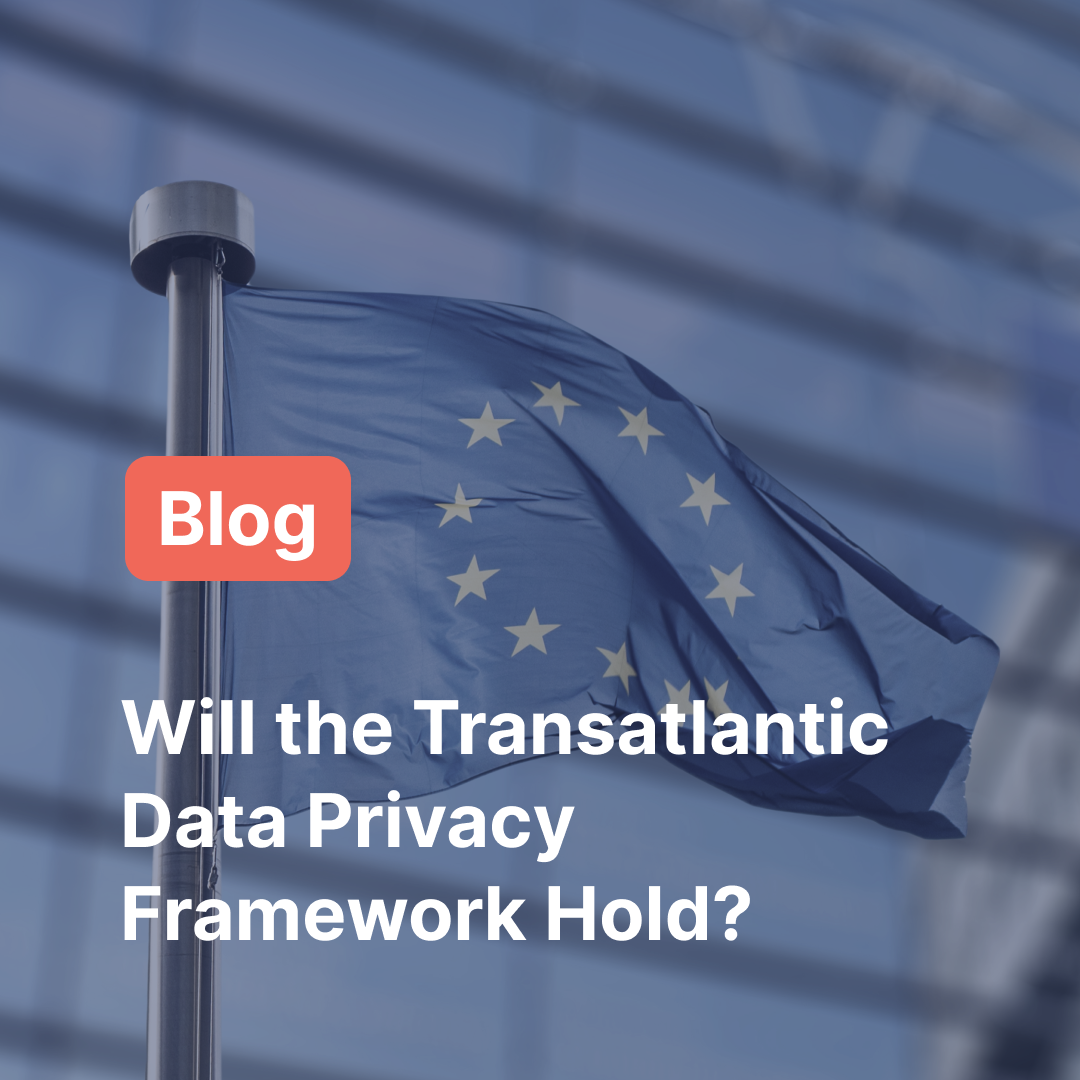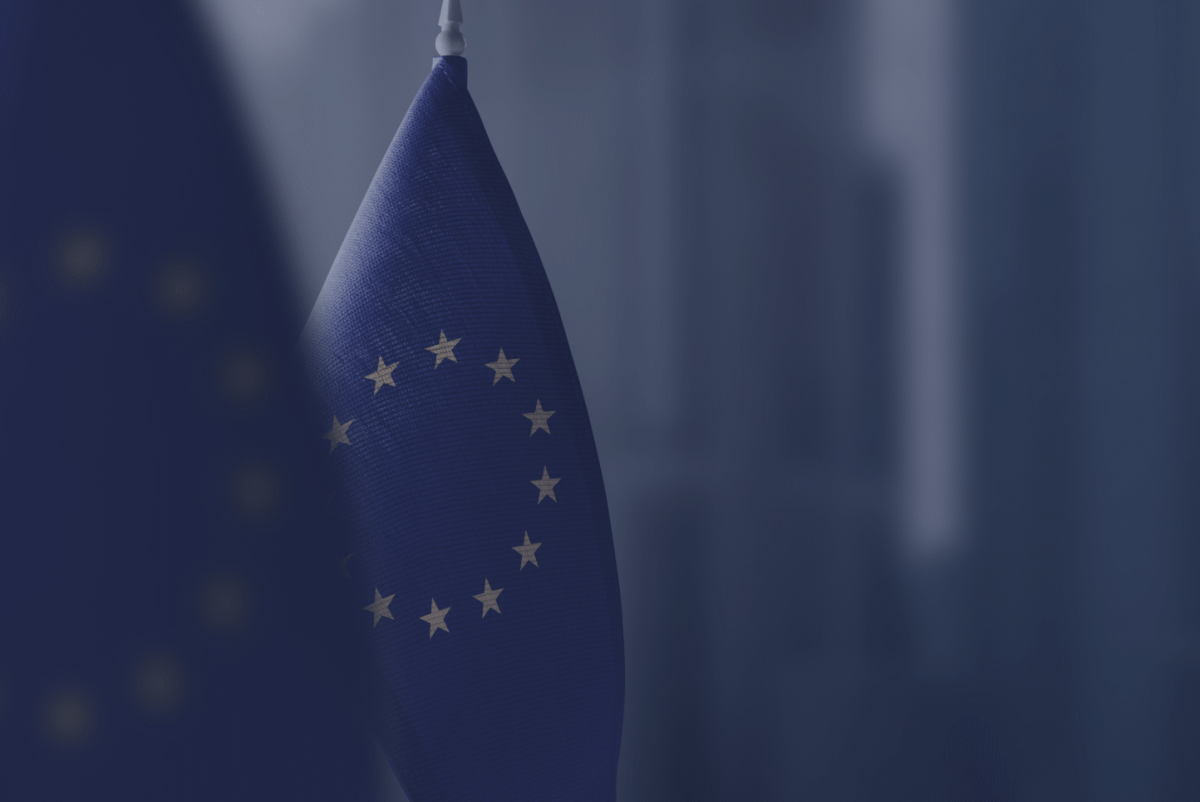Unlocking Privacy Prowess: Why US Firms Should Pay Attention to GDPR
In the swiftly evolving digital realm, secure video conferencing solutions have emerged as a cornerstone for protecting sensitive data and earning the trust of clients and stakeholders.
A noteworthy 97% of IT professionals share concerns about safeguarding privacy and video conferencing data. Moreover, the financial implications of data breaches are escalating, with the average cost reaching US$4.35 million in 2022 according to an IBM and Ponemon Institute report.
While the General Data Protection Regulation (GDPR) is a European framework, its relevance extends far beyond, offering significant cues for American enterprises.
Let's delve into why GDPR is a pivotal narrative for the US.
Financial repercussions
The enforcement of GDPR has seen a string of high-profile penalties among leading tech corporations, underlining the financial risks of non-compliance.
The instance of Meta, incurring nearly €1 billion in fines by the Irish Data Protection Commission, underscores the rigorous enforcement of GDPR and its sister regulation, the ePrivacy Directive. The year 2022 saw 40 open investigations into major tech companies, hinting at a sustained trend of scrutiny and enforcement.
International compliance
But why should American companies pay heed? The GDPR's ambit covers any organisation handling EU citizens' data, regardless of its geographic location. This means, an American company dealing with EU clients or having a user base in the EU must adhere to GDPR guidelines.
The penalty for non-compliance could be as steep as 4% of the global annual revenue, a potentially staggering figure for any enterprise.

Will the Transatlantic Data Privacy Framework Hold?
Expand your knowledge and gain a competitive edge.
Influence on global privacy standards
Moreover, GDPR is setting a global benchmark for data privacy and security standards, influencing legislation beyond Europe.
The California Consumer Privacy Act (CCPA) is a testament to such influence. By aligning with GDPR, not only do companies fulfill a legal obligation, but they also position themselves favorably in a global landscape that is increasingly prioritizing data privacy.
Reasons for compliance
American software companies have a host of compelling reasons to comply with GDPR:
-
Global relevance: GDPR has set a precedent in data privacy standards globally. Compliance underscores a company’s commitment to robust data privacy, irrespective of geographic boundaries.
-
Financial prudence: Avoidance of hefty fines that can be incurred due to non-compliance, which could be detrimental to a company’s financial stability.
-
Customer trust: Enhancing trust and confidence among EU clients and global customers who value data privacy.
-
Competitive advantage: Early adoption and compliance with GDPR can provide a competitive edge in markets where data privacy is a significant concern.
-
Operational consistency: Having a uniform data protection standard across operations in different regions simplifies internal policies and procedures.
-
Preparedness for future legislation: With the rise of similar data privacy regulations globally, GDPR compliance prepares companies for adherence to other regional data privacy laws.
Looking ahead
As the global narrative around data privacy continues to evolve, with over 100 countries now having privacy or data protection laws, it's prudent for US enterprises to closely follow and align with GDPR standards.
By 2024, it’s anticipated that 75% of the global population will have personal information covered under privacy regulations. We can anticipate that GDPR may expand its reach or that the US will introduce comparable legislation in the future.
Engaging with GDPR is not merely about legal compliance; it's about steering toward a future where data privacy is a cornerstone of digital interaction. The proactive adaptation of GDPR standards by US enterprises is a sagacious step toward robust data privacy and a more secure digital horizon.
Share this
You May Also Like
These Related Stories
.webp)
Data Privacy in 2024: Trends, Regulations, and Best Practices
%20-%20digital%20samba.webp)
Will the Transatlantic Data Privacy Framework Hold?



